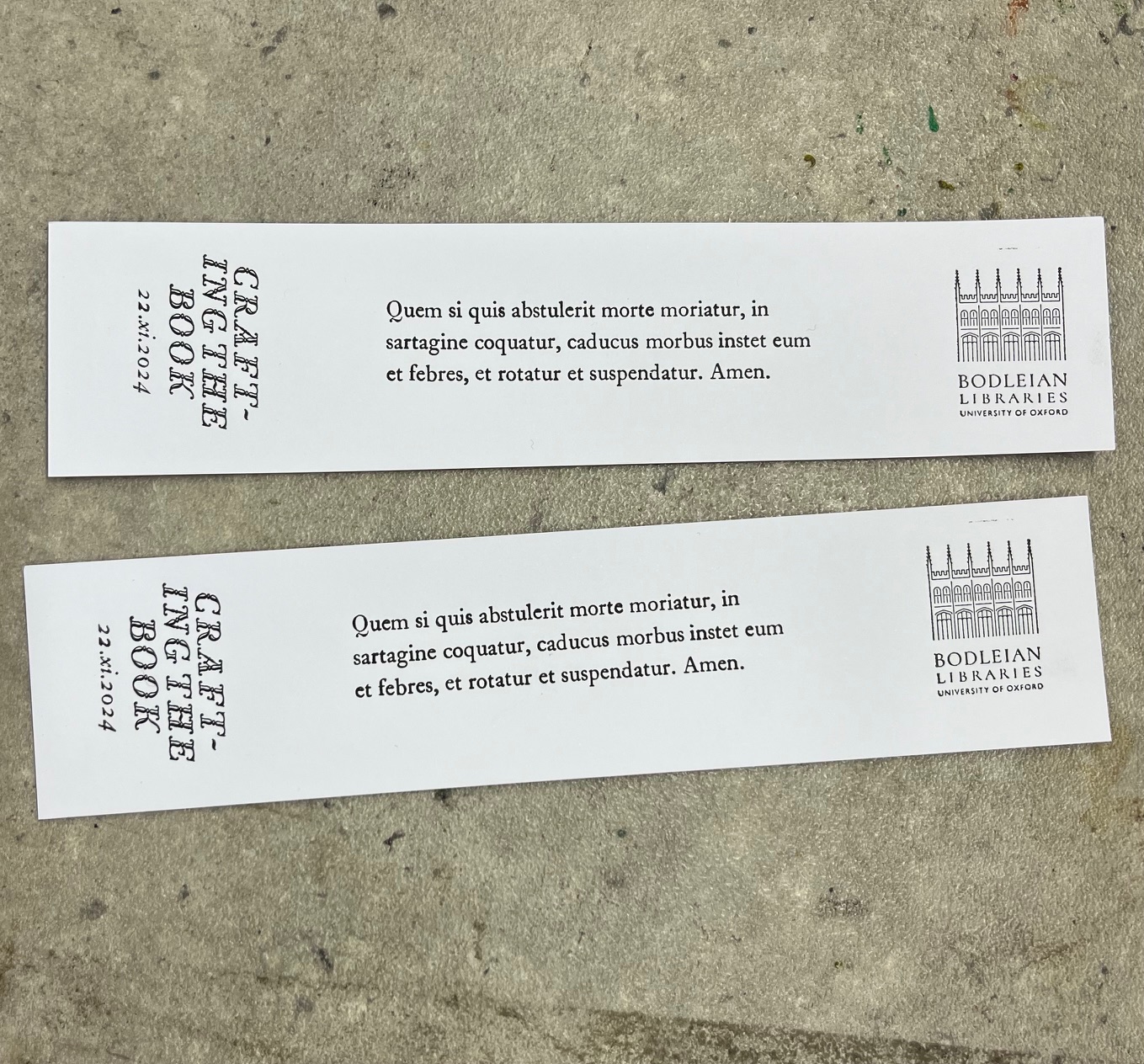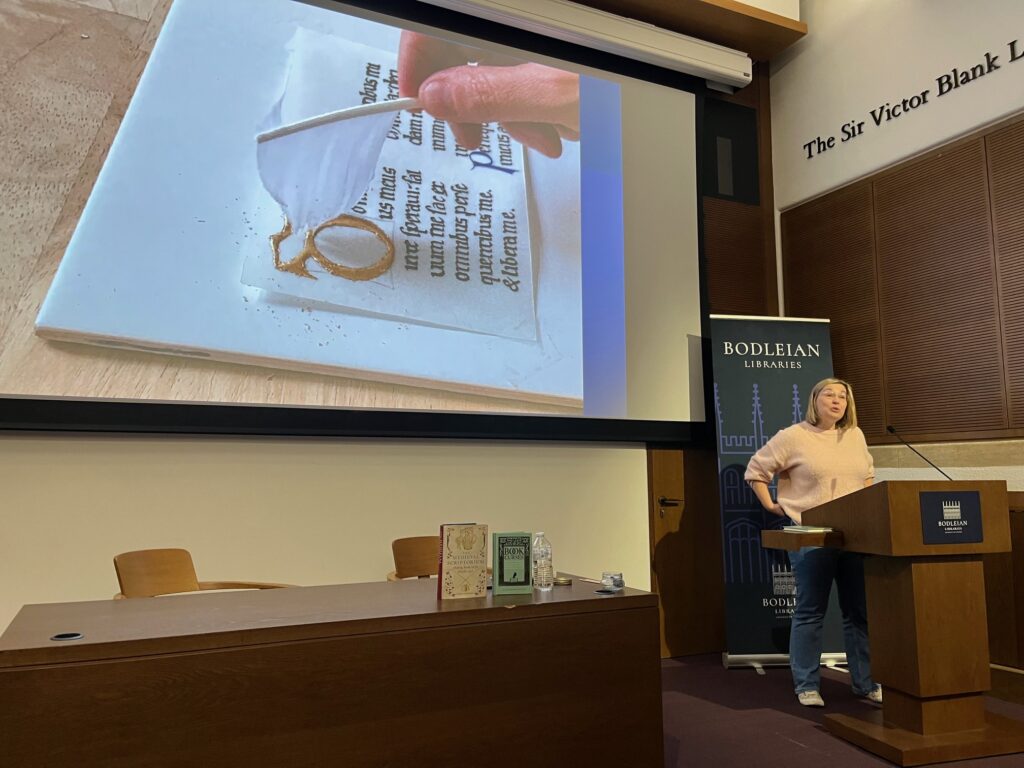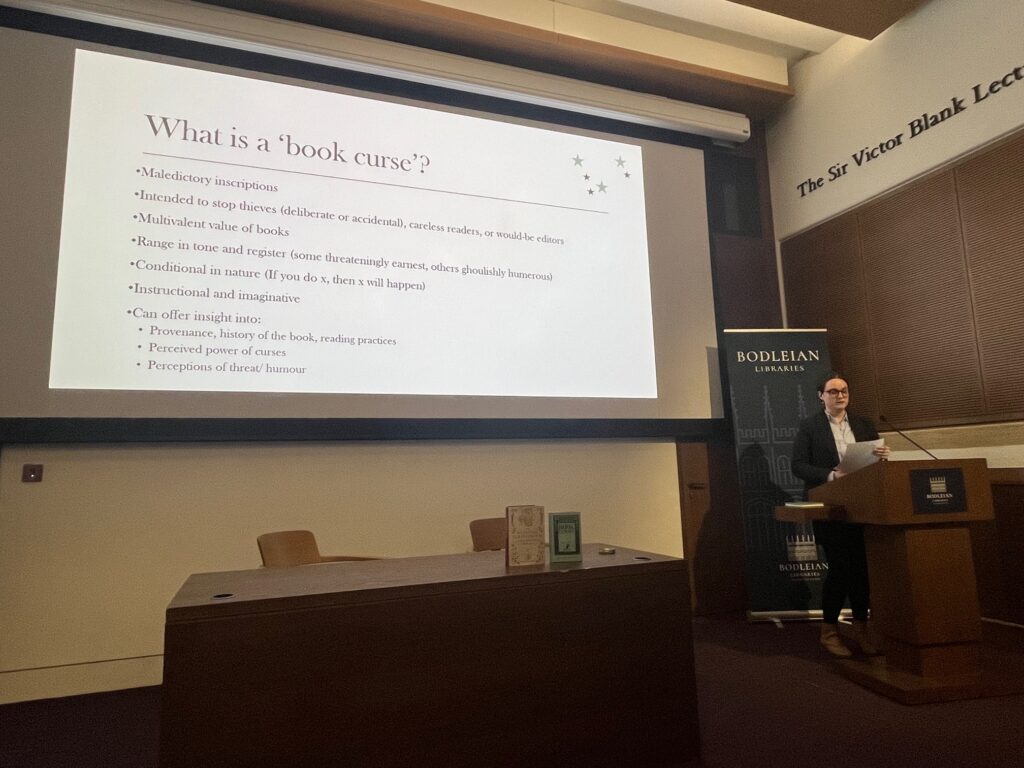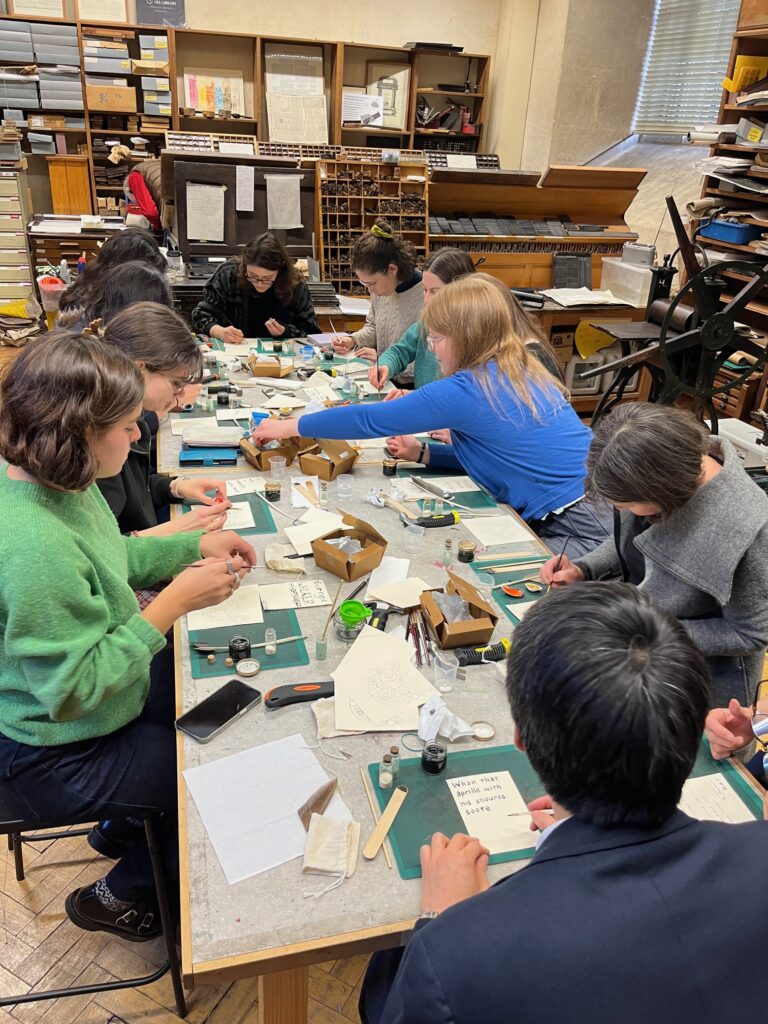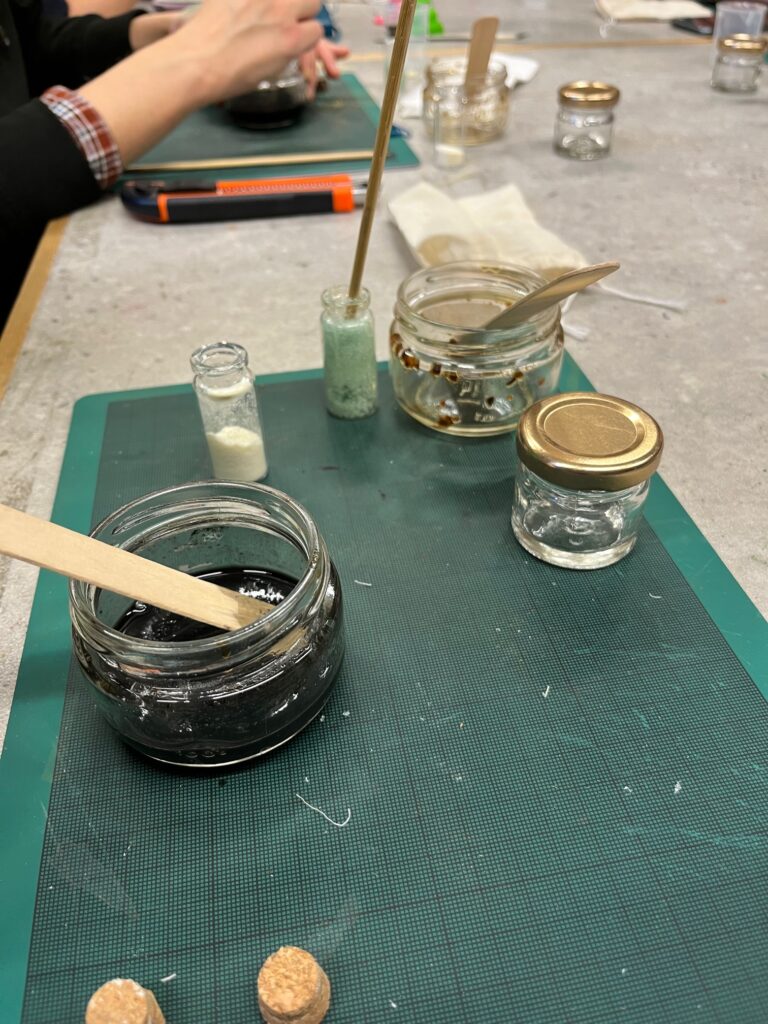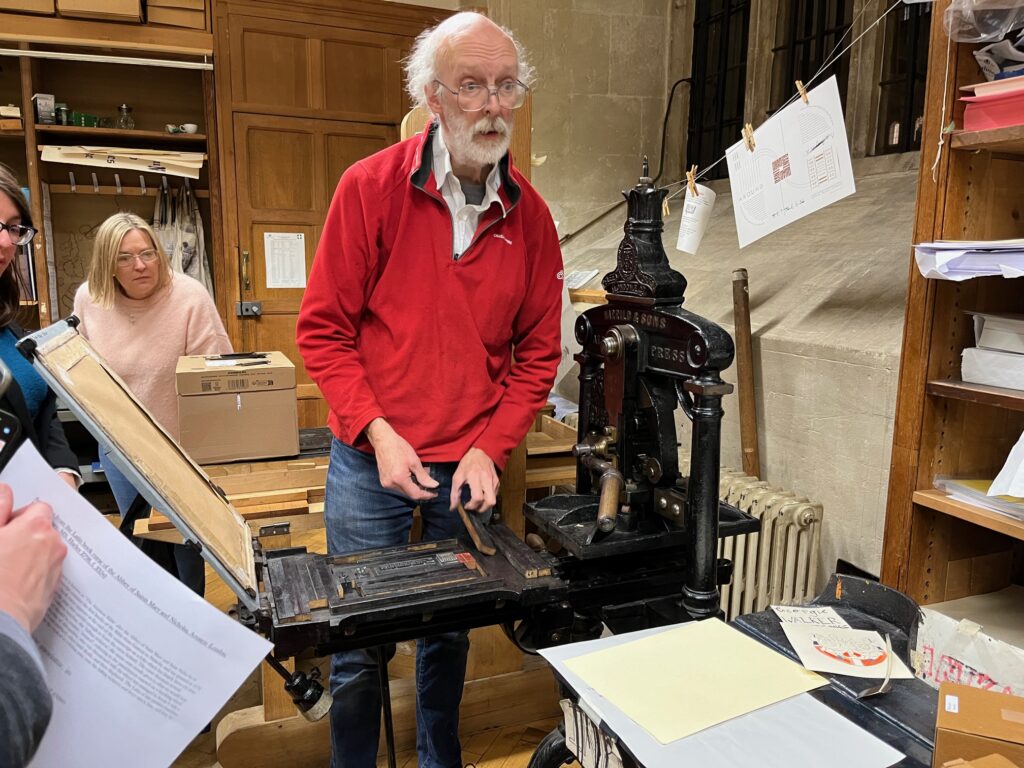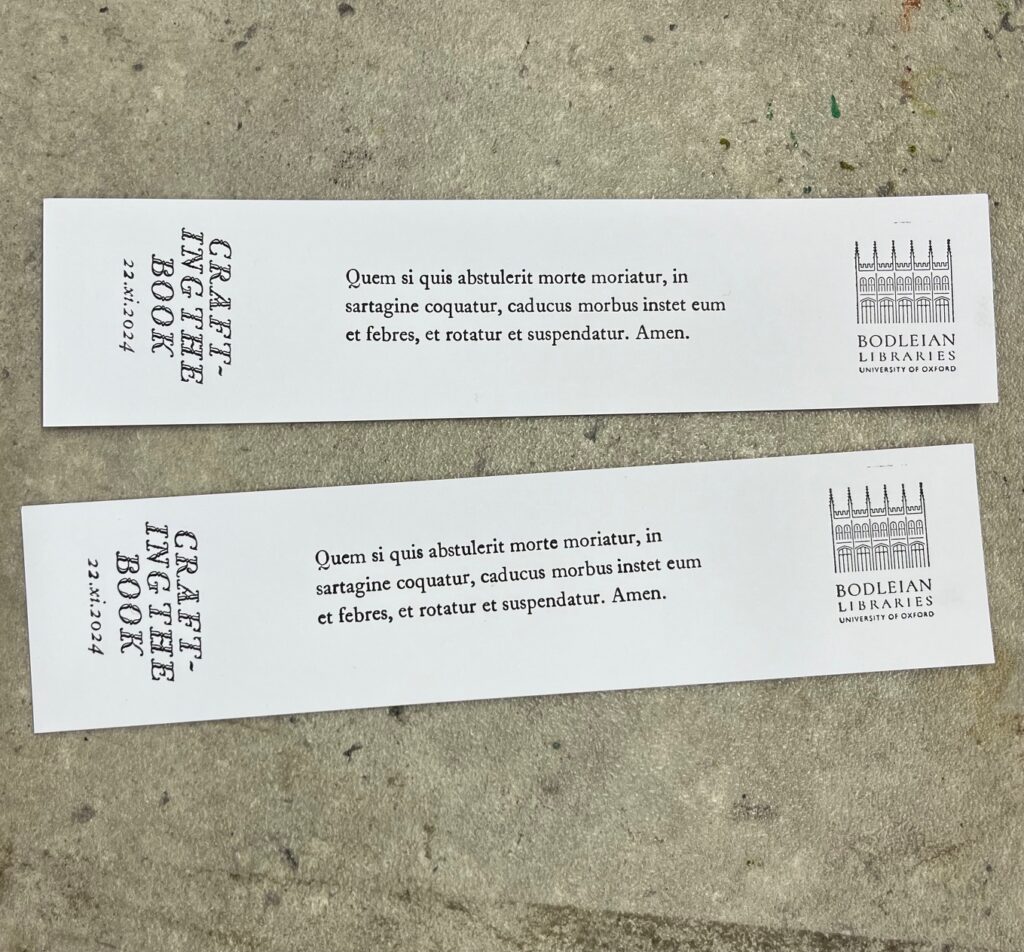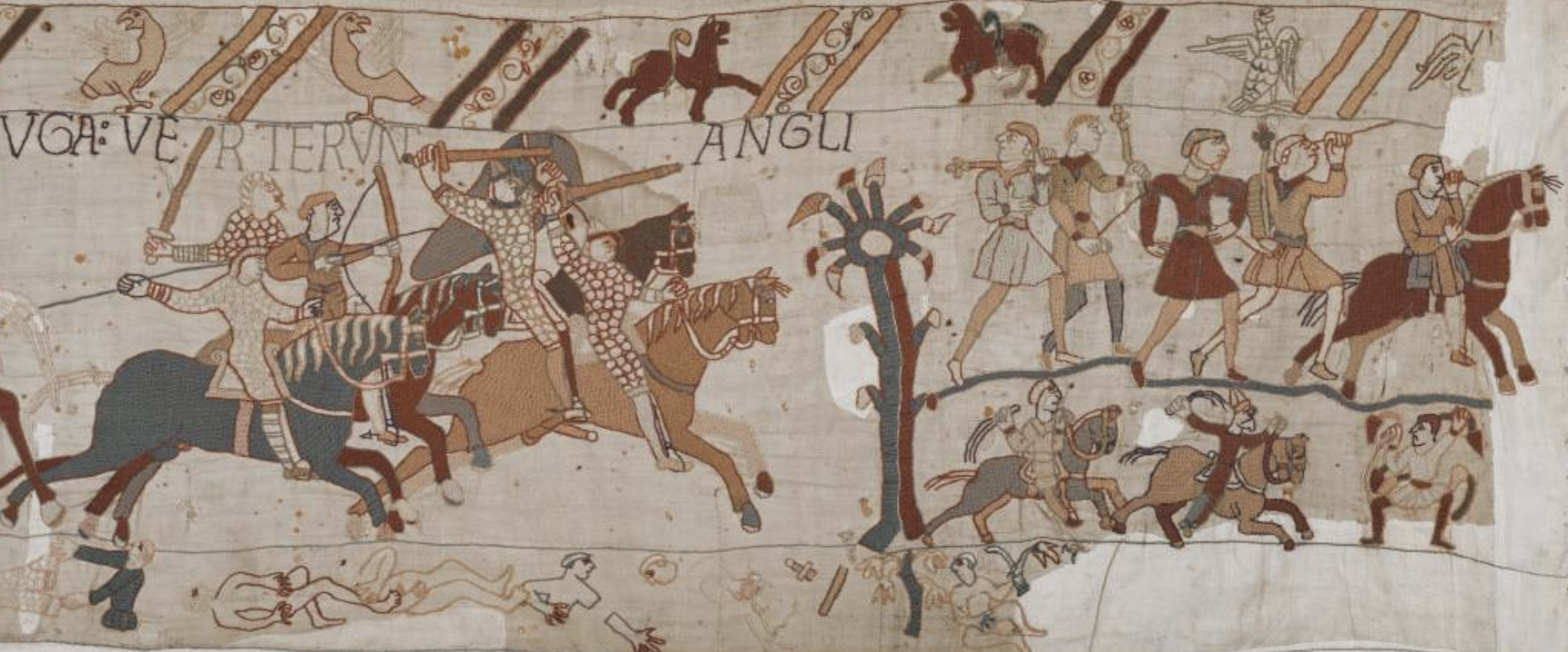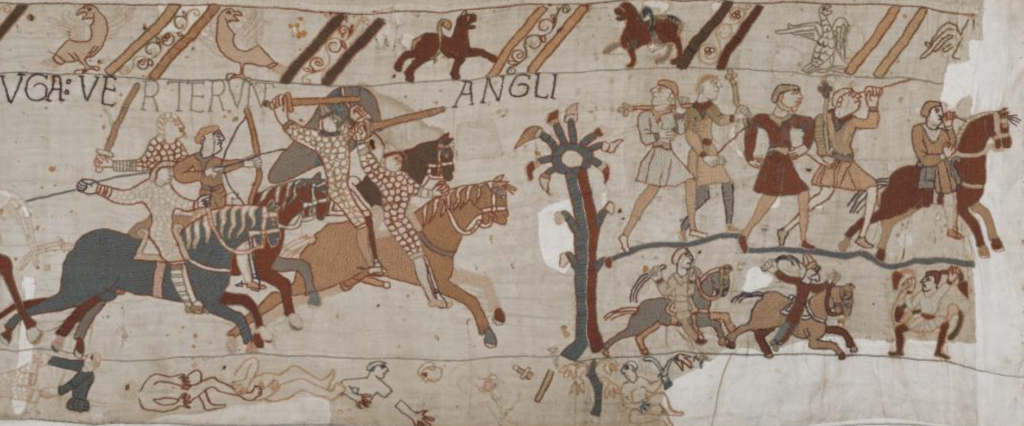With full term about to begin, I have three exciting developments for you all.
First, a final reminder that the Oxford Medieval Mystery Plays take place on the 26 April (this Saturday) from 12 noon at St Edmund Hall. The incredible booklet can be found at the end of this post, which illustrates just how many of our community are involved, and the feast of entertainment available on the day. See you all there!
Second, the first draft of the termly OMS booklet can be found here. If you have submitted an event, please cast a quick eye over the information to ensure that it is correct. If you are yet to submit your events but woul like them to be included, please do so ASAP.
Finally, OMS is seeking a new Social Media Officer. The Social Media Officer is in charge of connecting all of Oxford’s medievalists via the OMS Facebook, Twitter, and Instagram accounts and also occasionally posting on here, the OMS blog. You will be responsible for posting across these platforms to advertise OMS events, opportunities and news. Familiarity with social media advertising is beneficial but not essential: this is an ideal way to gain technical know-how about social media, advertising and marketing that can be used in your academic career and beyond. The post usually comprises an hour or two a week. You can read a retrospective of the current Officer Ashley here. Those interested should reply to this email address before Saturday, where there will be the chance to shadow.


